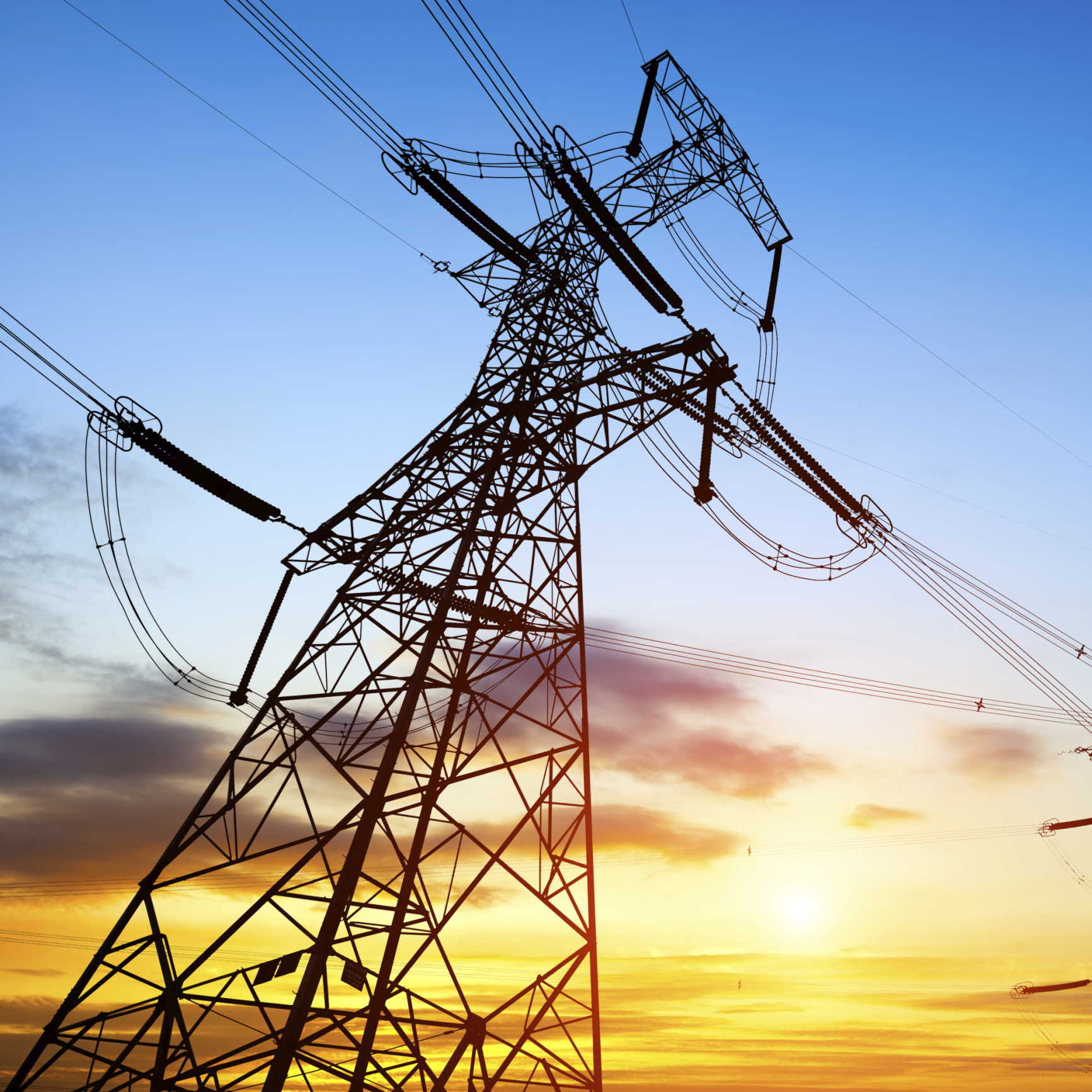
Shortly after Energy Secretary Rick Perry was confirmed by the Senate in April, he ordered a review of the country’s electricity grid, paying special attention to whether policies that encourage solar and wind generation are speeding up the retirement of coal and nuclear plants that provide the nation’s baseload power supplies. That report could be released as soon as this week and may contravene some of Perry’s rationale for initiating the study.
Bloomberg News obtained a late draft of the report last week that included findings that are at odds with the Trump administration’s statements that regulatory burdens on the fossil fuel industry are being jeopardized by the Obama administration’s focus on renewables.
When he announced the study, Perry said:
I’ve asked the staff of the Department of Energy to undertake a critical review of regulatory burdens placed by the previous administration on baseload generators. Over the last several years, grid experts have expressed concern about the erosion of critical baseload resources.
According to Bloomberg, the recent draft claims that the U.S. power system “is more reliable today due to better planning, market discipline, and better operating rules and standards.”
In addition, the draft downplays the role of regulation in the scheduled retirements of coal-fired and nuclear-powered generation:
Costly environmental regulations and subsidized renewable generation have exacerbated base-load power plant retirements. However, those factors played minor roles compared to the long-standing drop in electricity demand relative to previous expectation and years of low electric prices driven by high natural gas availability.
Whether or not those statements make it into the final draft remains unknown, but what is known is that the American Petroleum Institute (API), the country’s most powerful voice for the oil industry, has begun to beat the drum for natural gas-powered electricity generation.
API last month issued a benefits and opportunities study on natural gas use, transportation, and production that concluded:
The natural gas value chain touches all states and a large number of industrial sectors supporting 2.9% of all non-farm jobs and contributing 3.1% of the national economy (GDP). These contributions to the U.S. economy are expected to grow in the future under each of the [U.S. Energy Information Administration’s Annual Energy Outlook] scenarios examined here.
A reliability study prepared by The Brattle Group for API and released in May outlined key challenges to grid reliability and defined 10 “crucial attributes” that grid operators should focus on in order to maintain and strengthen power system reliability. API notes:
[T]he report highlights natural gas’ unique ability to support grid operations across the board. Grid operators will need to fully recognize the tangible reliability benefits offered by flexible power sources, like natural gas, in offering these reliability attributes.
Coal and nuclear energy get little love either from natural gas or renewables proponents. Coal-fired and nuclear plants built in the 1970s and 1980s are aging and face more challenges due to competitive electricity markets, weak demand, and rising maintenance costs.
Travel Cards Are Getting Too Good To Ignore (sponsored)
Credit card companies are pulling out all the stops, with the issuers are offering insane travel rewards and perks.
We’re talking huge sign-up bonuses, points on every purchase, and benefits like lounge access, travel credits, and free hotel nights. For travelers, these rewards can add up to thousands of dollars in flights, upgrades, and luxury experiences every year.
It’s like getting paid to travel — and it’s available to qualified borrowers who know where to look.
We’ve rounded up some of the best travel credit cards on the market. Click here to see the list. Don’t miss these offers — they won’t be this good forever.
Thank you for reading! Have some feedback for us?
Contact the 24/7 Wall St. editorial team.




